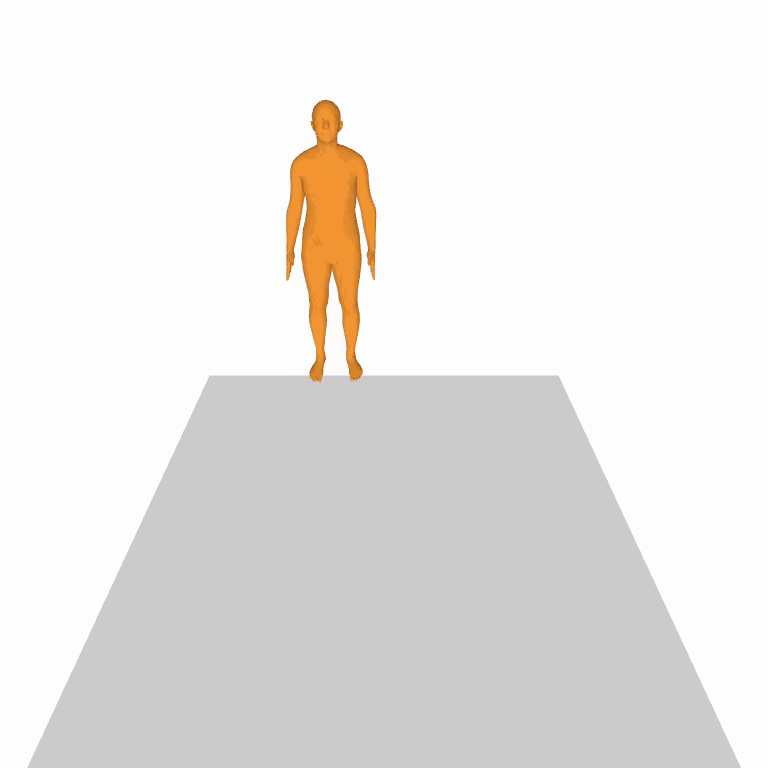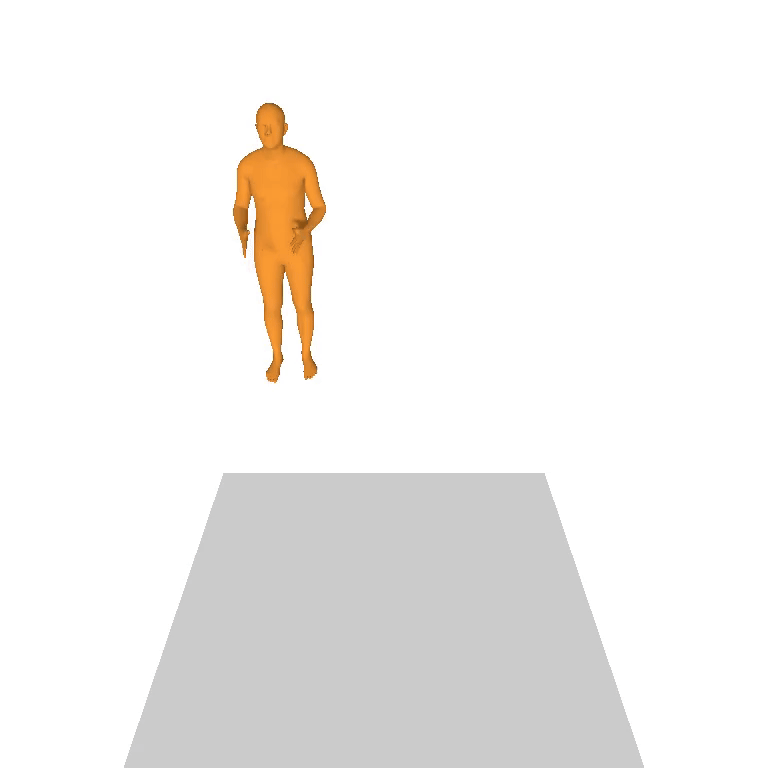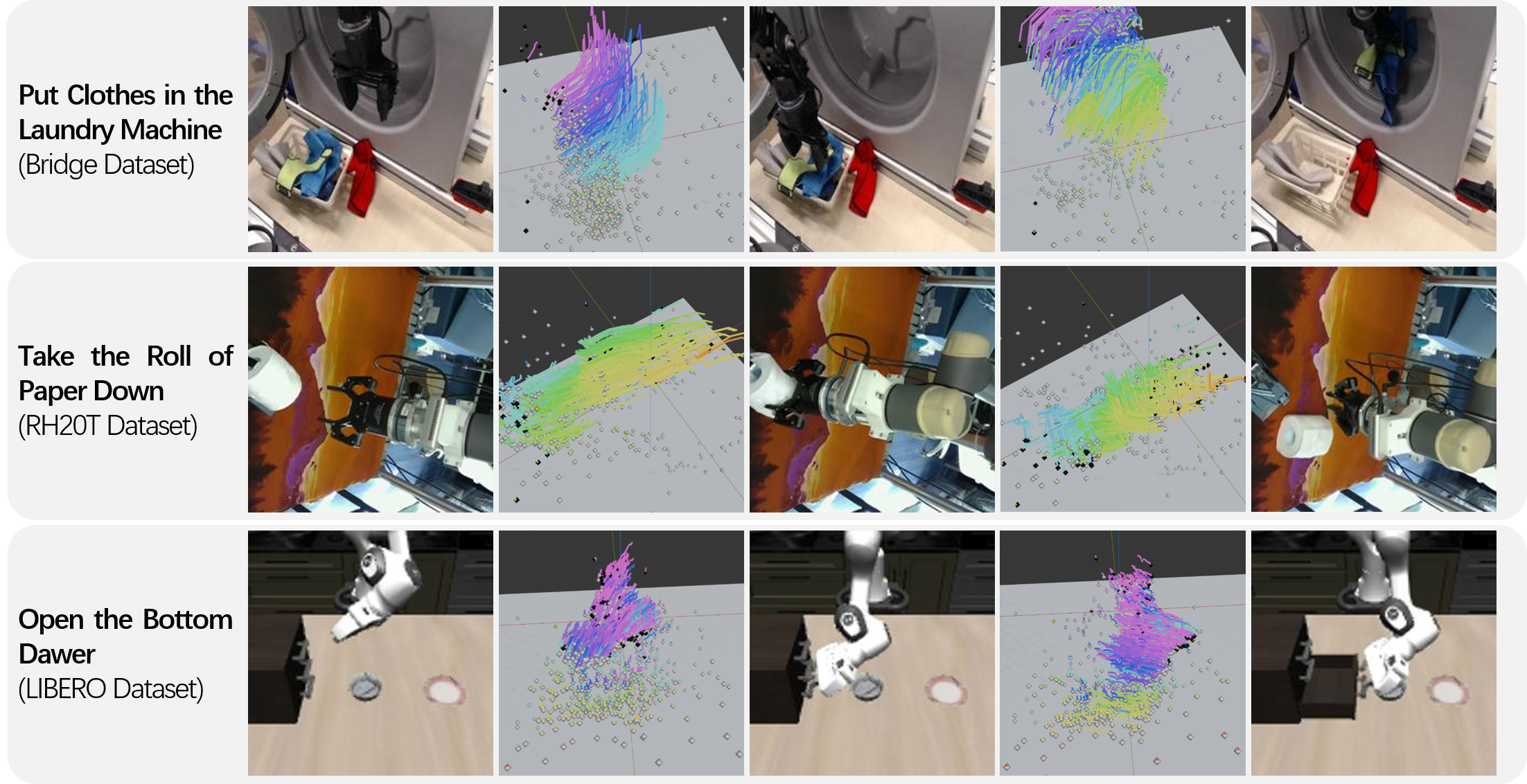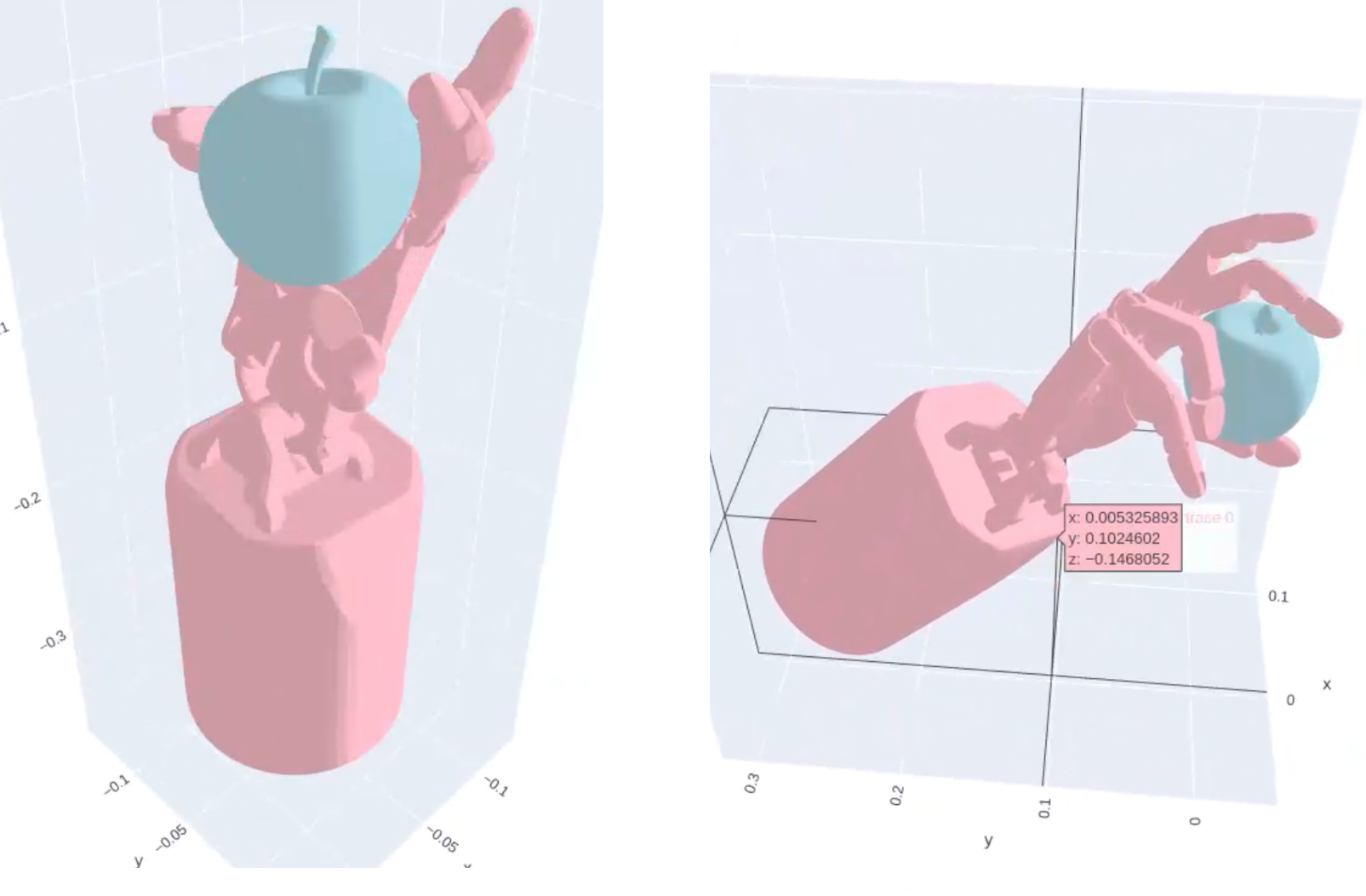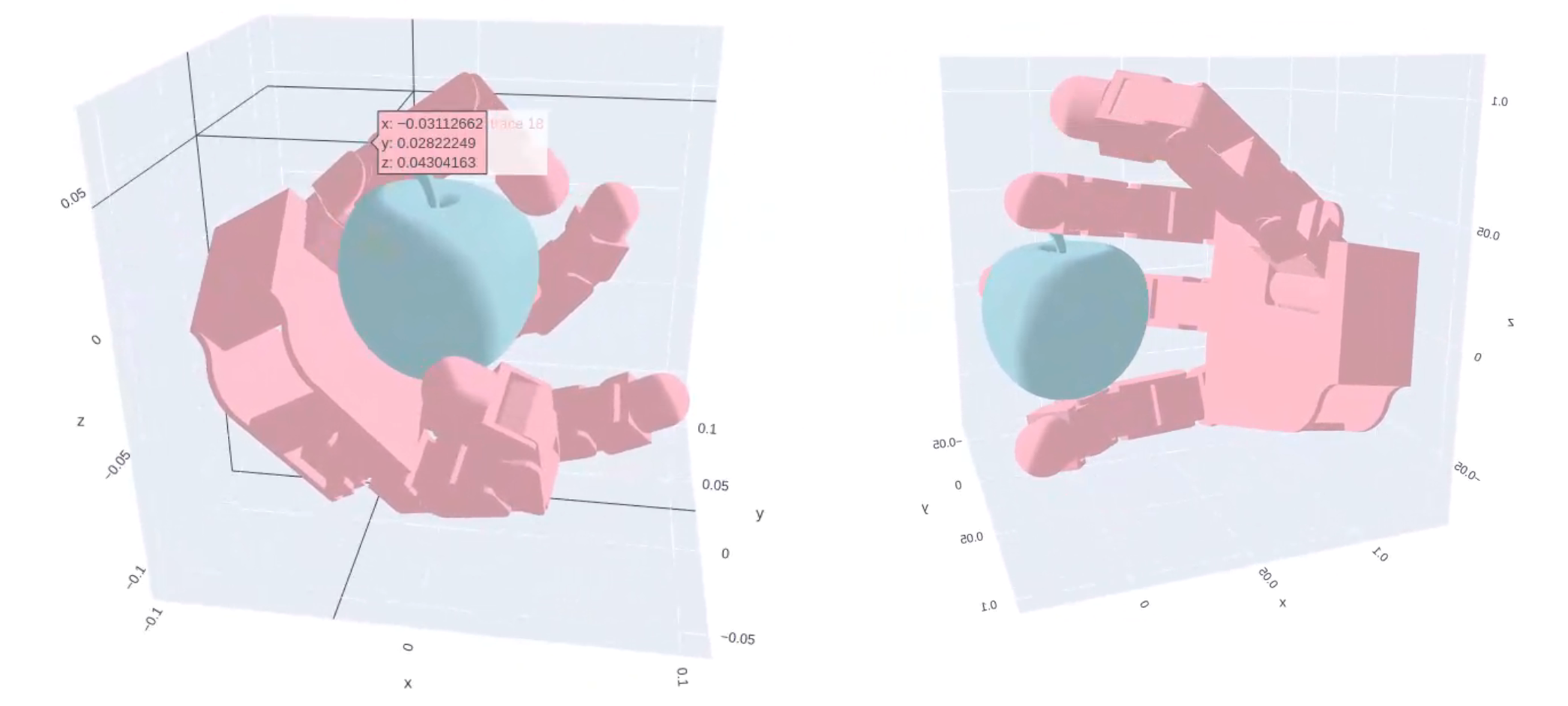RIL-LAB is dedicated to the deep integration of robotics and artificial intelligence, exploring the next generation of robot technology with autonomous learning capabilities. Our research covers multiple cutting-edge fields, aiming to drive innovation and development in robotics technology.
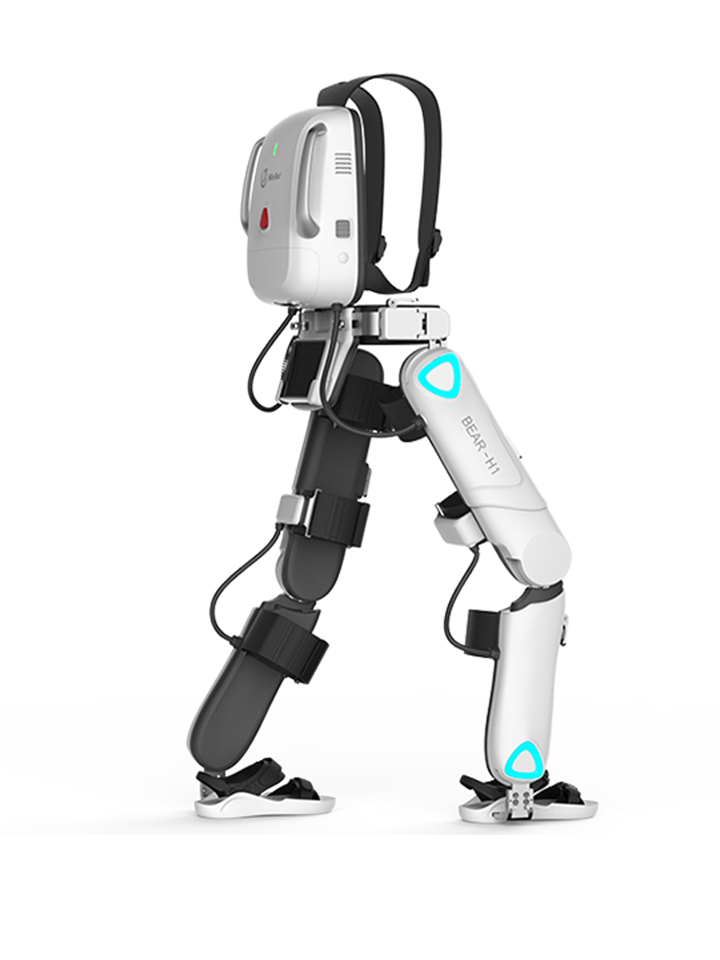
Innovative robot structure design, development of advanced control algorithms, enhancing robot performance and flexibility. We are committed to creating smarter and more flexible next-generation robots.
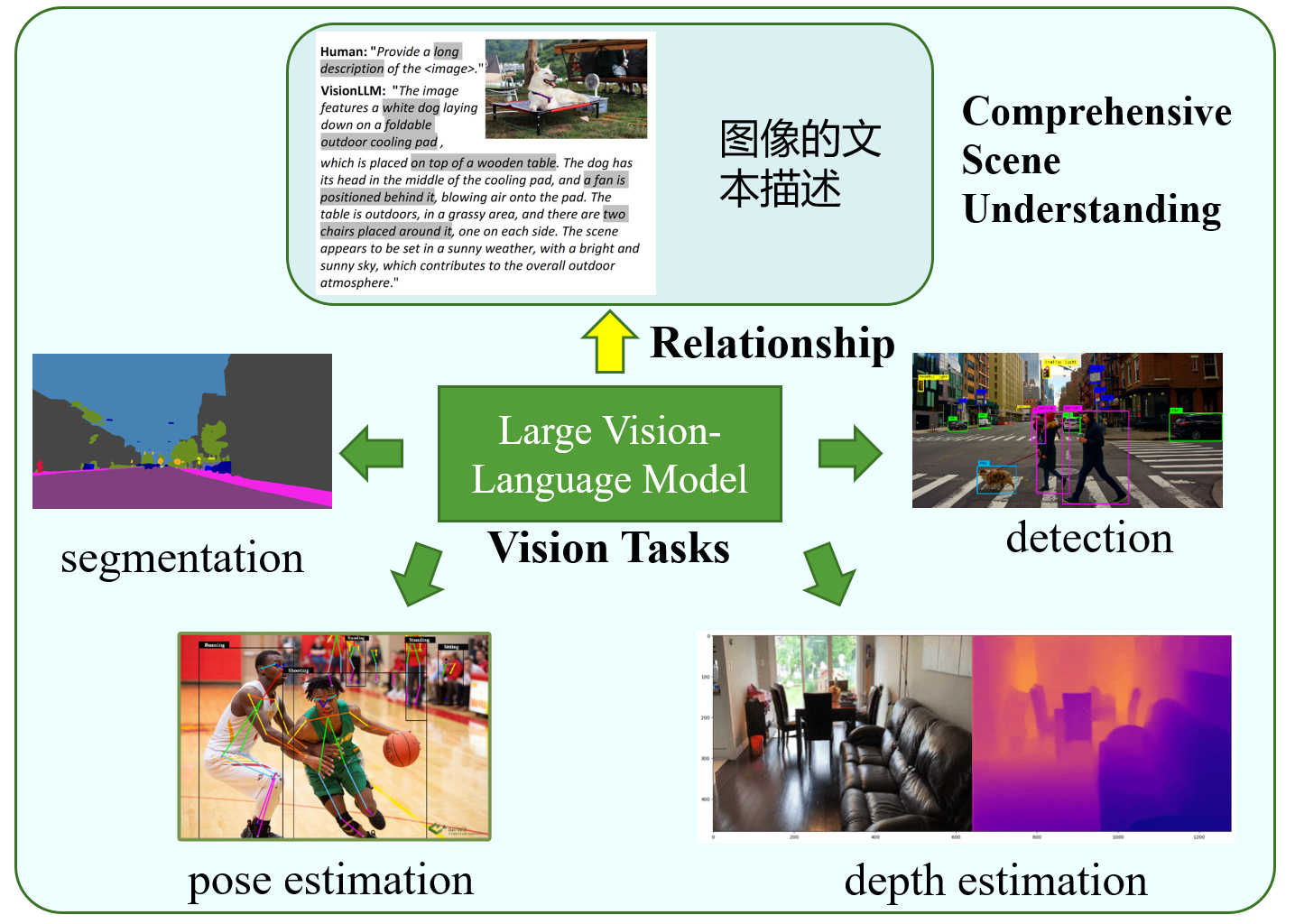
Exploring methods for perception, understanding, generation, and unifying multimodal large models, enhancing robots' understanding and adaptation to the environment, achieving more intelligent environmental perception.
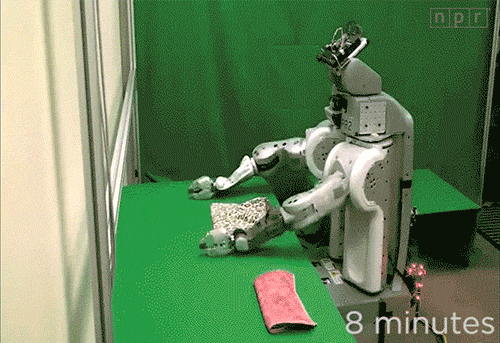
Exploring the frontiers of intelligent operation technology, optimizing robots' operational capabilities, developing robots that can cope with complex environments, pushing robot applications to higher levels.
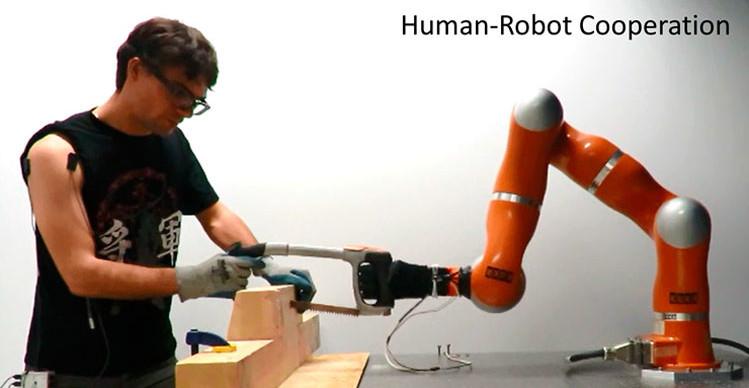
Researching human behavior understanding and prediction, exploring new ways of human-robot collaboration, enhancing robots' interaction capabilities, achieving more natural and efficient human-robot collaboration.
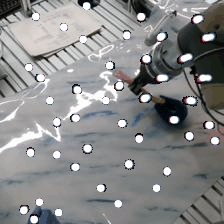
Through human skill learning and behavior imitation, enabling robots to learn autonomously from video data, improving robots' learning efficiency and adaptability.
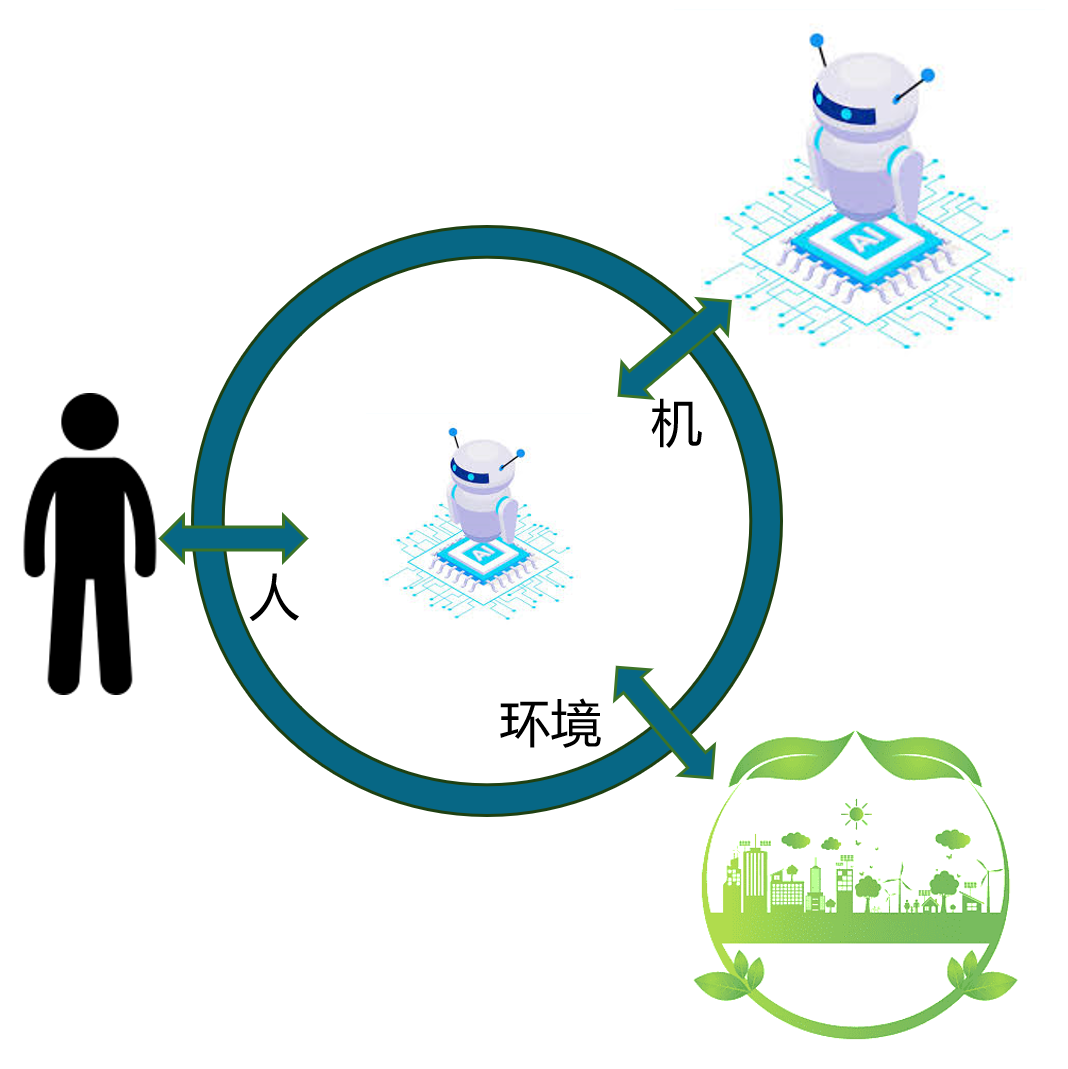
Developing intelligent agents with autonomous decision-making capabilities, enabling robots to act autonomously in complex environments, continuously learning and optimizing their behavioral strategies.
